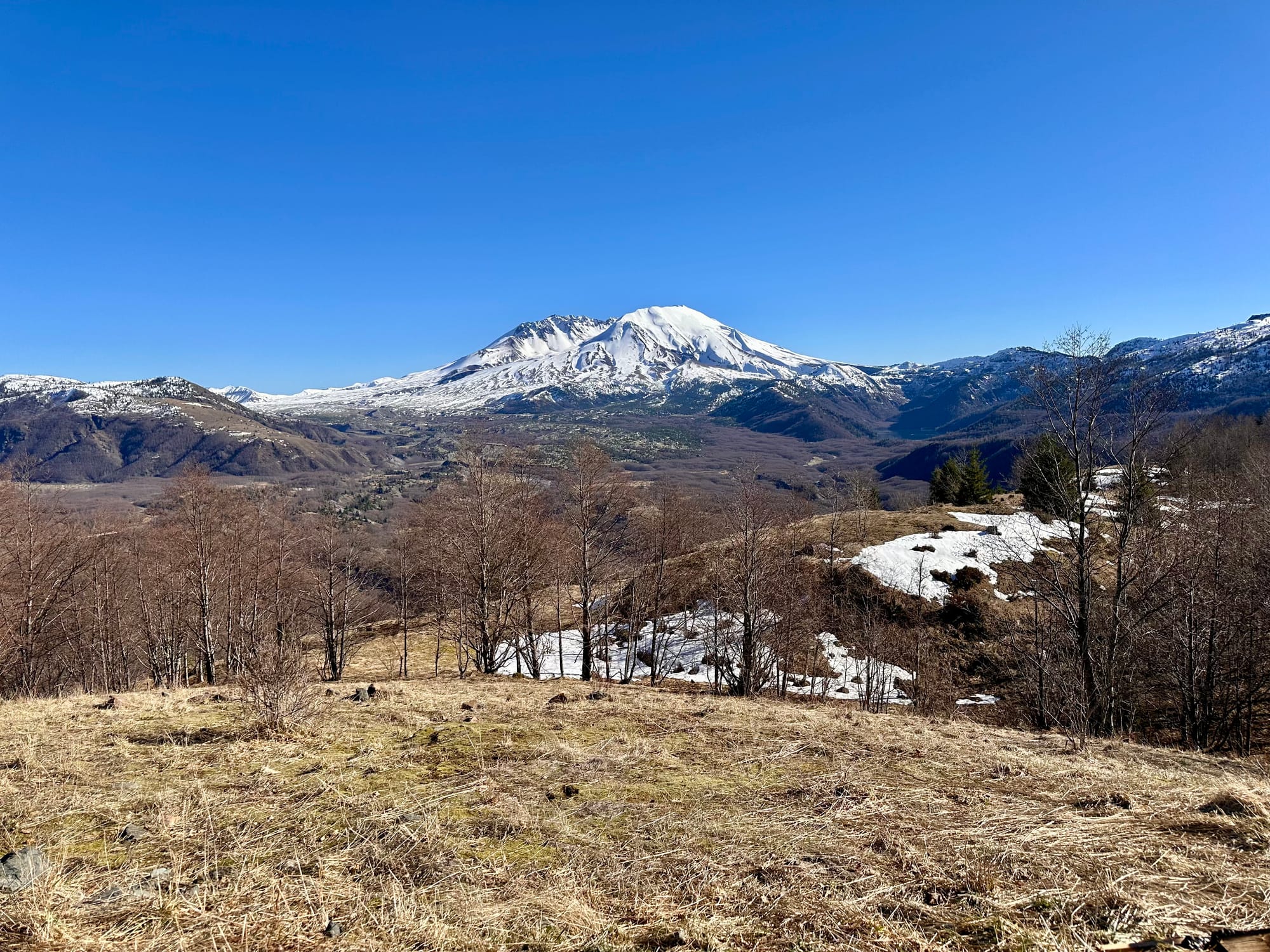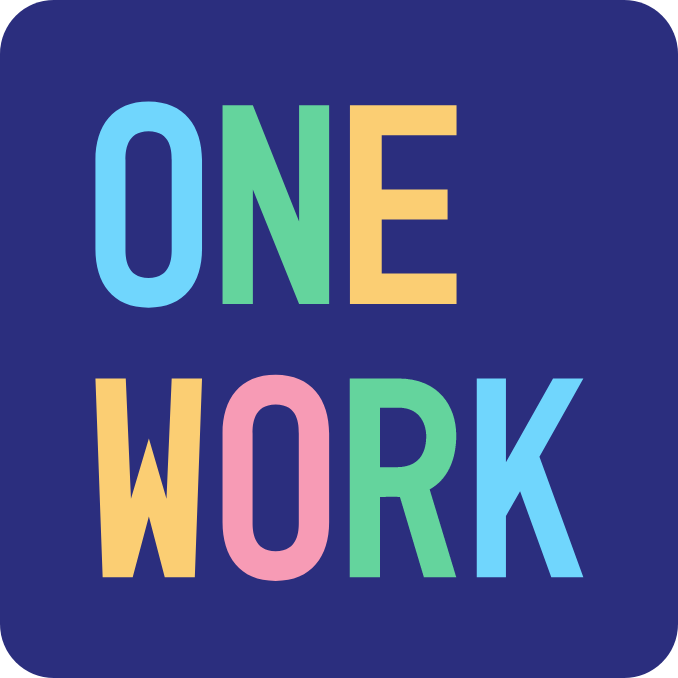No. 130: Impact Investing Gets Greenwashed
JP Morgan and the banking industry hit the news this week by reneging on climate commitments and investing in major polluters using funds marketed as "sustainable" – the kind of two-faced behavior that reminds us that social impact is a moral imperative to some and a marketing ploy to others.

When it comes to social impact, I tend to give companies the benefit of the doubt. After all, even a touch of good investment from the biggest players can have an outsize impact, and I truly believe in the people trying to make a difference inside the behemoth. It's not easy.
That said, there's good reason to be cynical. JP Morgan and the banking industry hit the news this week by reneging on climate commitments and investing in major polluters using funds marketed as "sustainable" – the kind of behavior that reminds us that social impact is a moral imperative to some and a marketing ploy to others.
On the jobs front, I'm featuring a few senior-level opportunities at a software company that supports nonprofit fundraising, and if the main story this week discourages you, be sure to check out the conservation job opportunities from the Land Trust Alliance.
~ Greg
What we're reading
JP Morgan has been using capital from their sustainable fund to invest in a major mining company called Glencore that has been scrutinized for its coal operations. (The Guardian)
- Calling this a "sustainable" fund is misleading: JP Morgan says that at least 51% of the investments in the fund must have positive social or environmental characteristics, which means nearly half of the investments could carry no restrictions. It's the "made with real fruit" of impact investing.
- That appears to be the issue at play here: despite carrying the "sustainable" label, the fund invested £200 million in Glencore, and Glencore's operations in South Africa have been breaking environmental laws since 2017.
- To JP Morgan's credit, they did try to limit investments to companies whose revenues from thermal coal extraction are less than 20% of their total revenues. You and I would say that's still too high, especially if you're marketing a fund as good for the planet.
- More generally, where you bank matters. Even if you don't have investments, your personal deposits enable banks to provide business loans and other working capital. Banks don't keep all of your money in reserve. They lend some of it out, and that's how they make their profits.
- Your choice of bank influences what types of projects get investments. Some banks focus on social impact, some focus on local community projects, and so on. If you're like me, it might be time to revisit where you've deposited your money unless you want to fund fossil fuels, gun manufacturers, and private prisons.
- This is not the only industry where you spend a lot of money that can fund less-than-desirable outcomes. Insurance operates in a similar way. As with impact investing, markets are starting to respond to the desire for that money to support people and planet.
- You may have noticed job opportunities from Lemonade in prior issues of this newsletter. They're a public benefit corporation and Certified B Corp that emphasizes charitable donations tied to insurance premiums.
- I'm also inspired by Premiums for the Planet – a not-so-subtle nod to 1% for the Planet – that aims to provide insurance premiums aligned to social impact.
- In short, read the fine print – the biggest banks are marketing products that wouldn't meet your discerning standards.
Job of the week
I've always been attracted to companies building infrastructure for social impact because you can be a force multiplier for the companies and organizations you support. That's the kind of thing that gets me out of bed in the morning, and if that resonates with you as well, you'll want to take a look at the opportunities at Givebutter this week.
Givebutter builds fundraising software that helps nonprofits build relationships with donors, host events, and raise money. Naturally this lends itself to technology roles, but they're hiring for a variety of positions this week, including a Senior Social Media Manager, a Sales Development Representative Manager, and a Senior Data Analyst. You can review the full list here – all of the "rolls" are remote.
Community roundup
- The six largest U.S. banks have left the Net Zero Banking Alliance. This is a program sponsored by the United Nations, and members committed to reaching net zero operations by 2050. (Grist)
- The banks no longer pursuing net zero goals are Bank of America, Citigroup, Goldman Sachs, JP Morgan, Morgan Stanley, and Wells Fargo.
- Researchers in Costa Rica have set up a network of recorders in local forests that they can use to detect changes in ecosystems. The concept is called bioacoustics, and the thought is that the way ecosystems sound can help assess conservation efforts and detect impacts to biodiversity. (WIRED)
- Massachusetts is launching a pilot program to test out vehicle-to-everything technology, which is where your electric vehicle is integrated with the electric grid to provide additional storage capacity. (Electrek)
- You might remember stories last year of electric vehicles serving as backup generators after hurricanes created blackouts. That's one of the benefits of this approach.
- Copper mining requires the use of acids that can damage the environment, but copper is a crucial mineral used in major technology from smartphones to renewable energy. Scientists are researching alternative ways to extract copper to reduce the environmental footprint, since demand is expected to double by 2050. (The Guardian)
Civic corner
- The U.S. Department of Education has launched an online "End DEI" portal for people to submit allegations of discrimination in public schools. (The Guardian)
- Given the press release, this appears to target LGBTQ and race-related topics in schools. I'm reminded of Florida's "Don't Say Gay" law from 2022. Last year, Florida reached a settlement stating that students and teachers could talk about sexual orientation and gender identity as long as it wasn't part of instruction – not much better in my opinion.
- This also feels adjacent to the proliferation of book bans over the past few years. If you want a particularly acute example of how insane that practice has become, check out this interview from The Daily Show with Bruce Friedman. Bruce has turned book ban requests into something of a personal hobby. If these DEI takedown requests follow a similar pattern, school districts are in for more distractions.
- We received an answer on the endangerment finding this week, which states that greenhouse gases endanger human health and the environment. EPA Administrator Lee Zeldin has now formally recommended that the finding be rescinded, but there's a decent chance it holds up in court: the body of evidence demonstrating the harms of GHGs has increased significantly since the finding was first produced in 2009. (Inside Climate News)
- Congress has passed a resolution repealing a fee on methane gas emissions. The fee was designed to eliminate methane emissions equivalent to the annual emissions of 8 million gas-powered vehicles and stimulate job growth, however, lobbyists from the American Petroleum Institute made repealing the fee one of its top priorities, and it appears they have succeeded. (Inside Climate News)
- Roughly one-third of the remaining employees from the U.S. Digital Service – which was commandeered to become DOGE – have left in protest. (AP News)
- These were people who worked to make the government's technology more effective for American citizens. You might remember me talking it up a few times – at one point I even thought about applying to the USDS myself.
- On a related note, if you want to read some of the stories of people who worked there, they've set up a website called "We the builders" and are posting blogs on a regular basis.
Hot job opportunities
- Strategic and Growth Partnerships – Beam – Remote
- Project Director – Supply Trace – Remote
- Foundations Officer – Earthjustice – San Francisco, CA; New York, NY; Washington, DC; or Chicago, IL
- Showroom Events Manager – RBW – New York, NY
- Executive Assistant – Tillamook – Portland, OR
- Talent Associate – Acumen – New York, NY
- Senior Manager, JEDI & Employee Engagement – B Lab – New York, NY; Philadelphia, PA; or Washington, DC
- 2025 Summer Internship – AE Works – Arlington, VA or Pittsburgh, PA
- Staff Project Coordinator – PAE – Seattle, WA
- Data/Analytics Engineer – Education Analytics – Remote
Resource of the week
I'm digging up an old favorite this week after news that the government is going to change environmental policy to increase timber production at the expense of wildlife.
If you care about conservation efforts, check out the job board from Land Trust Alliance. As the name implies, the Land Trust Alliance supports around 1,000 land trusts across the United States; the job board sources openings at those land trusts in one location. I found around 100 conservation job opportunities on their website including more than a dozen internships, so there's bound to be a job posting that fits your current experience level.
Test your knowledge
Last week's question focused on biodiversity loss as one of the key environmental issues facing us today. Climate change tends to get most of the attention, and I can appreciate why: people relate it to the weather they experience, which makes it more tangible than something like an ecosystem.
Biodiversity concerns deserve plenty of attention though, like animals that aren't adapting to climate change and plans to streamline reviews under the Endangered Species Act that impede forestry projects. We've also talked about companies dredging up oceans to harvest minerals needed for clean energy technologies, and those mining operations can disrupt ecosystems for decades, perhaps indefinitely. Keep an eye on biodiversity protections under threat.
This week's trivia is related to vaccinations: Texas has a major measles outbreak, and the Food and Drug Administration canceled a meeting of advisers to plan next winter's flu vaccines. I never expected the topic to capture so much attention, but while we're on the subject:
This disease was officially eradicated worldwide in 1980, making it the first human disease to be eliminated through vaccination. What is it?
Email me your guess, and I'll send one lucky winner a couple of One Work stickers!
I drove out to Mt. Saint Helens last week to uncover the remnants of a recent snowfall and see more of the volcano up close. The drive was nice, but I bet it will look even better in the fall when leaves are changing colors; this is one I want to see in all seasons.

